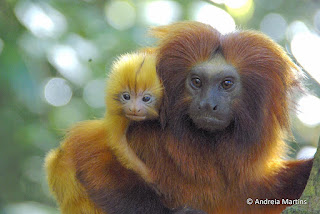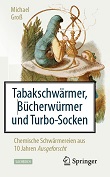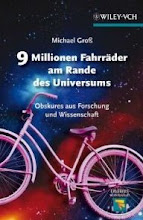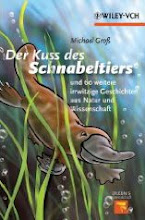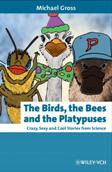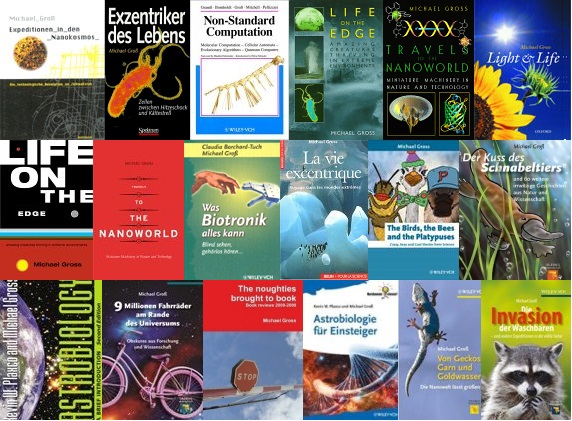astrobiology
Researchers find ice feature on Saturn's giant moon
"Research team finds huge ice feature on Titan while trying to understand where Saturn's largest moon gets all of its methane. This research, which used Principal Components Analysis in an unconventional way, also validated results from previous Titan missions."
evolution
Climate, grasses and teeth -- the evolution of South America mammals
bumblebees
How the bumble bee got its stripes
"Researchers have discovered a gene that drives color differences within a species of bumble bees, helping to explain the highly diverse color patterns among bumble bees."
Pesticide exposure causes bumblebee flight to fall short
ecology
Wax helps plants to survive in the desert
Are coffee farms for the birds? Yes and no
"Through painstaking banding of individual birds, Sekercioglu asked whether the expansion of coffee plantations is reducing tropical bird biodiversity. The answer, published today in Proceedings of the National Academy of Sciences, is no. And yes. Sun coffee plantations are able to host a surprising number of bird species, even more if the plantation has some tree cover. But the plantations are not enough to maintain bird biodiversity."
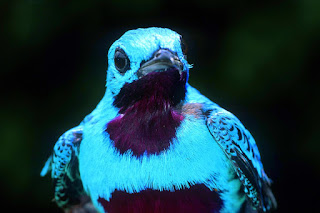
Male turquoise cotinga, threatened with extinction. This is the only known instance of this bird being caught and banded.
Credit: Cagan Sekercioglu/University of Utah
climate change
As oceans warm, microbes could pump more CO2 back into air, study warns
Rapid melting of the world's largest ice shelf linked to solar heat in the ocean
bio-inspired
Squid skin inspires creation of next-generation space blanket
humans
Study links gene to sleep problems in autism
Widespread brain connections enable face recognition
How the olfactory brain affects memory
"How sensory perception in the brain affects learning and memory processes is far from fully understood. Two neuroscientists of Ruhr-Universität Bochum have discovered a new aspect of how the processing of odours impacts memory centres. They showed that the piriform cortex -- a part of the olfactory brain -- has a direct influence on information storage in our most important memory structure, the hippocampus."
Paper is on open access here.
Release of '13 Reasons Why' associated with increase in youth suicide rates









